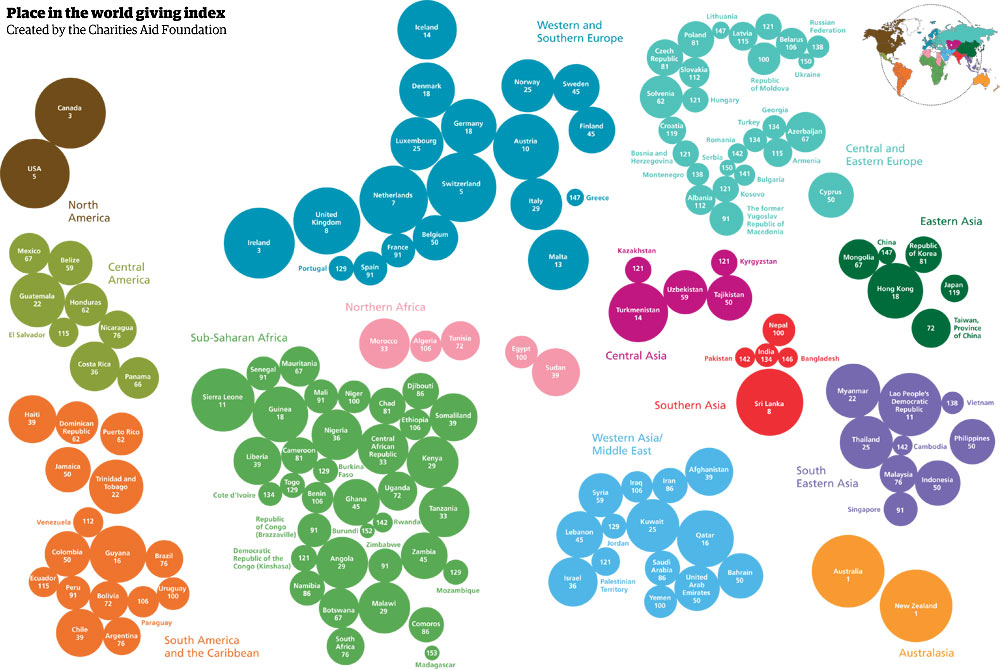I can’t think of a better way to start of one’s adult life than to do so with over $35,000 worth of debt, can you? Doesn’t the idea of starting your career already knee-deep in the hole sound wonderful? In the words of Lloyd Christmas from Dumb and Dumber, “mmm..that sounds good. I’ll have that.”
Or I won’t.
The average college graduate now leaves college with over $35,000 worth of student loan debt — many have said that the student loan bubble, which now tops $1 trillion (yes, that is trillion with a “T”) is the next major “crisis” in America. I submit that it’s not the next major crisis. It’s already here. In June, Congress couldn’t figure out what to do about student loans, so in their infinite collective wisdom, they decided to let interest rates double from 3.4% to 6.8%. Thanks. We all appreciate that.
If you’re one of the umpteen thousands of people paying off oodles of student loan debt – how do you take care of it?
OG’s Student Loan Debt Tips
Step 1:
Be realistic with how much you owe. Get an accurate count of a) who you owe; b) how much and c) the interest rates. Many people have government and private loans spread hither and yon. Before you create a repayment plan, you have to be honest about how much you have.
Step 2:
Build your personal financial plan. This includes student loans, but also should include building a cash reserve, family planning, retirement planning, and other financial goals. Having a singular mindset of “I’m paying off my student loans before I do anything else… could lead to burn out and could impact how fast you reach your true goals. Plus, depending on your career choice, you may be eligible for deferment or outright forgiveness.
Step 3:
Create a debt payment plan. You have two options when it comes to paying off student loan debt: pay based on your income, or pay based on your indebtedness. Visit www.studentloans.gov and compare payments to determine what’s best for you and your personal financial situation.
Step 4:
Work your plan and throw off discouragement. Follow through with your well thought out plan. You did steps 1 through 3, now just execute. It will become tiresome and you will feel at times like you’ll never get it done – but you will. Track your progress monthly and watch the balances fall.
Student loan debt can seem insurmountable, but with the right well-thought out plan based on your personal financial goals, you can pay those off quickly and efficiently and move on to your other financial goals!




